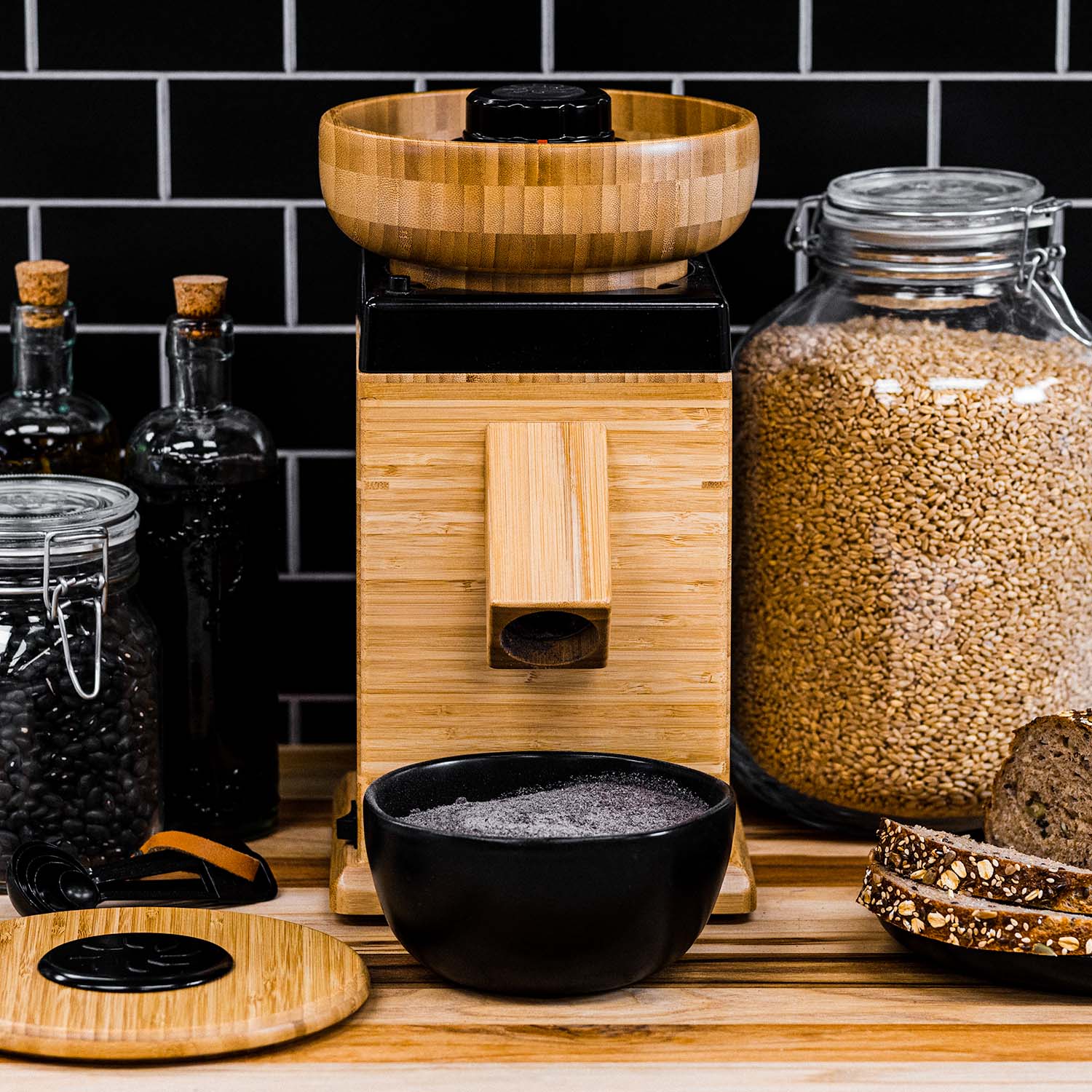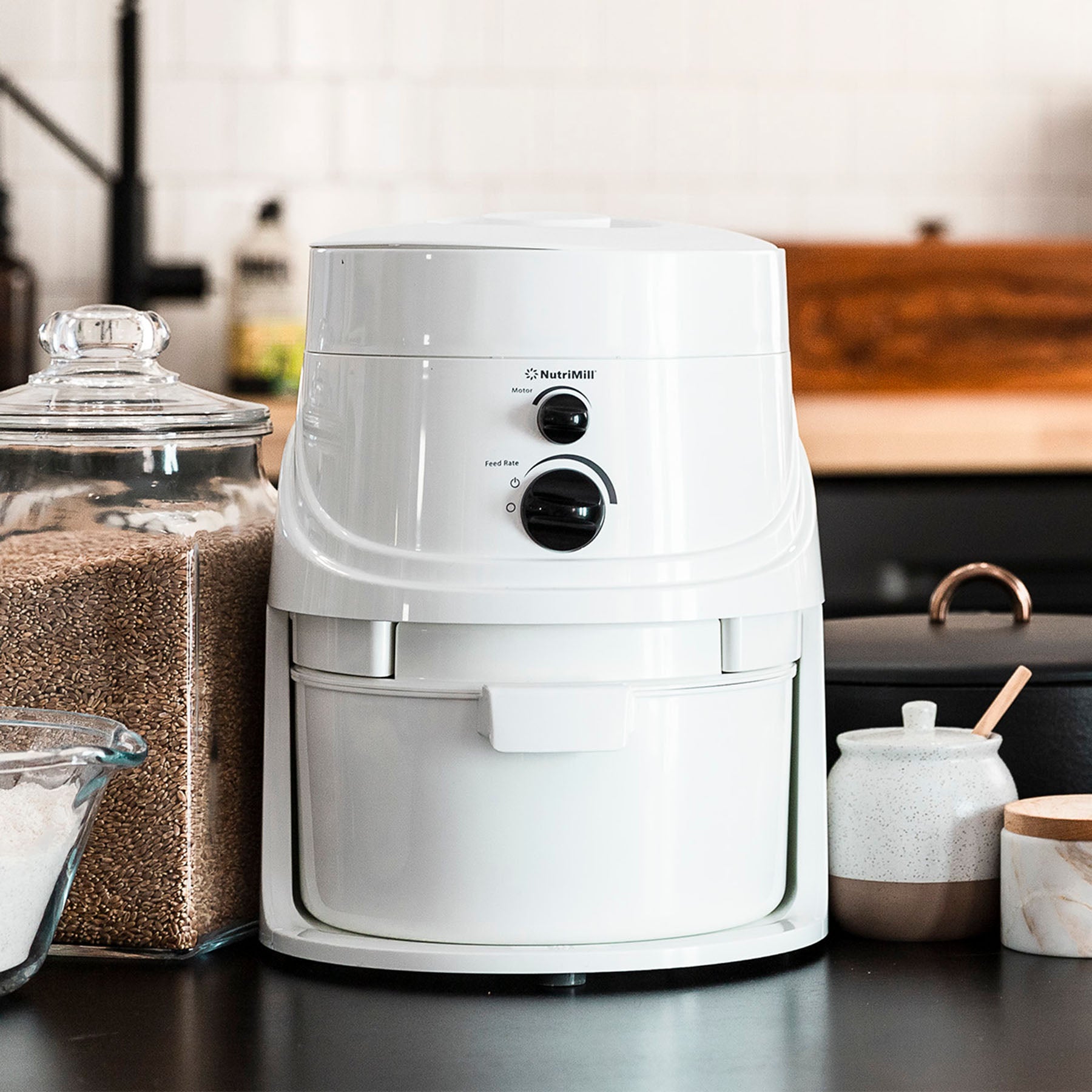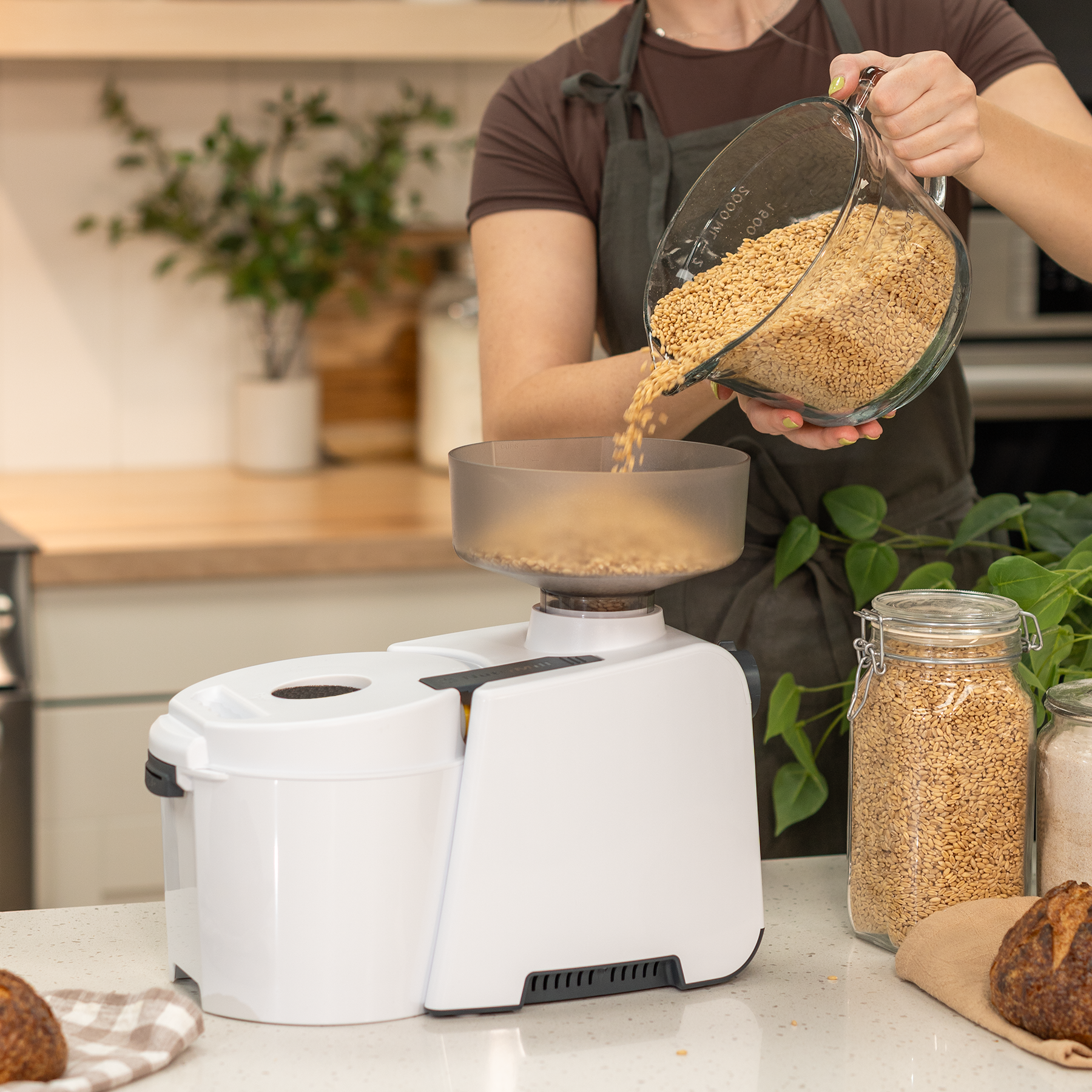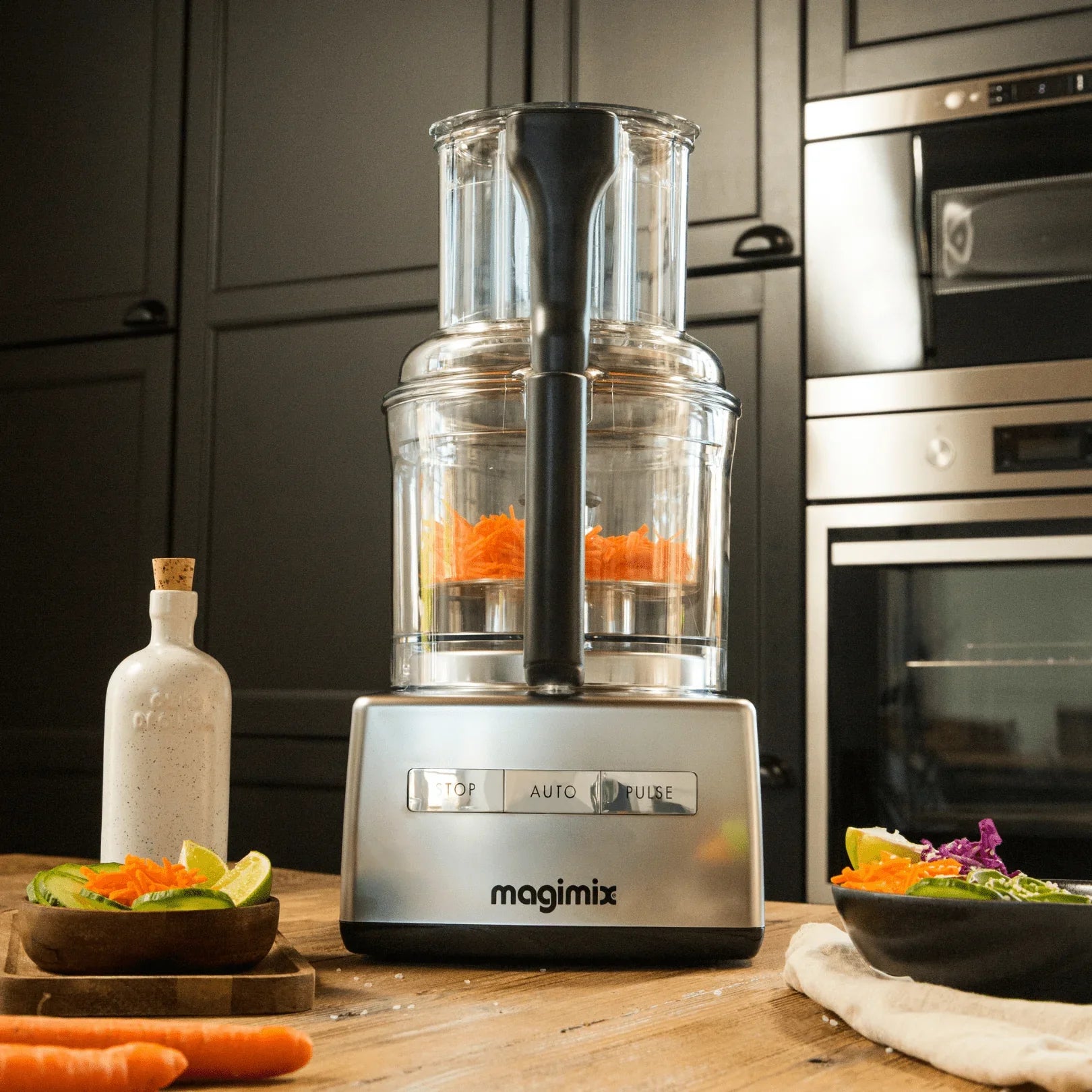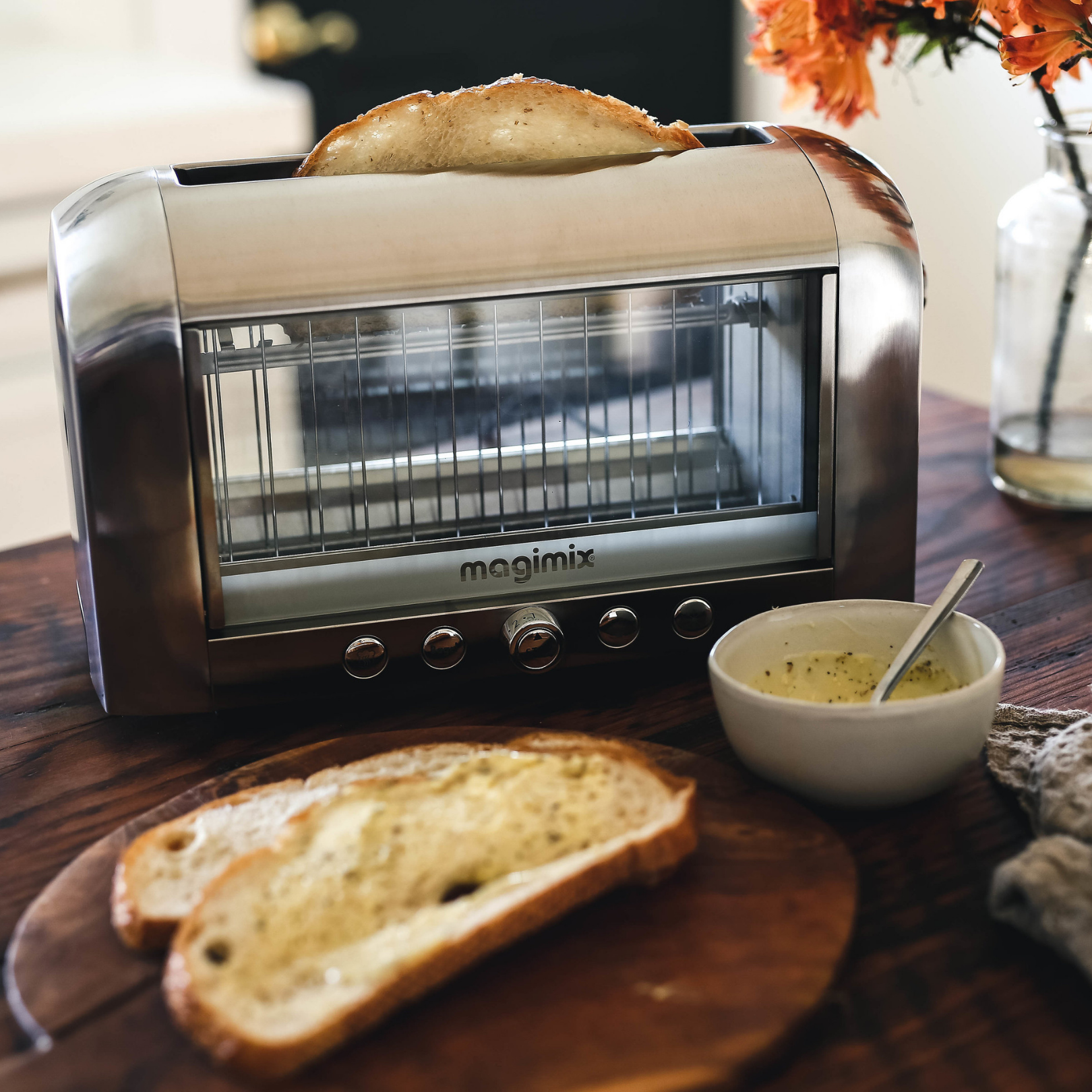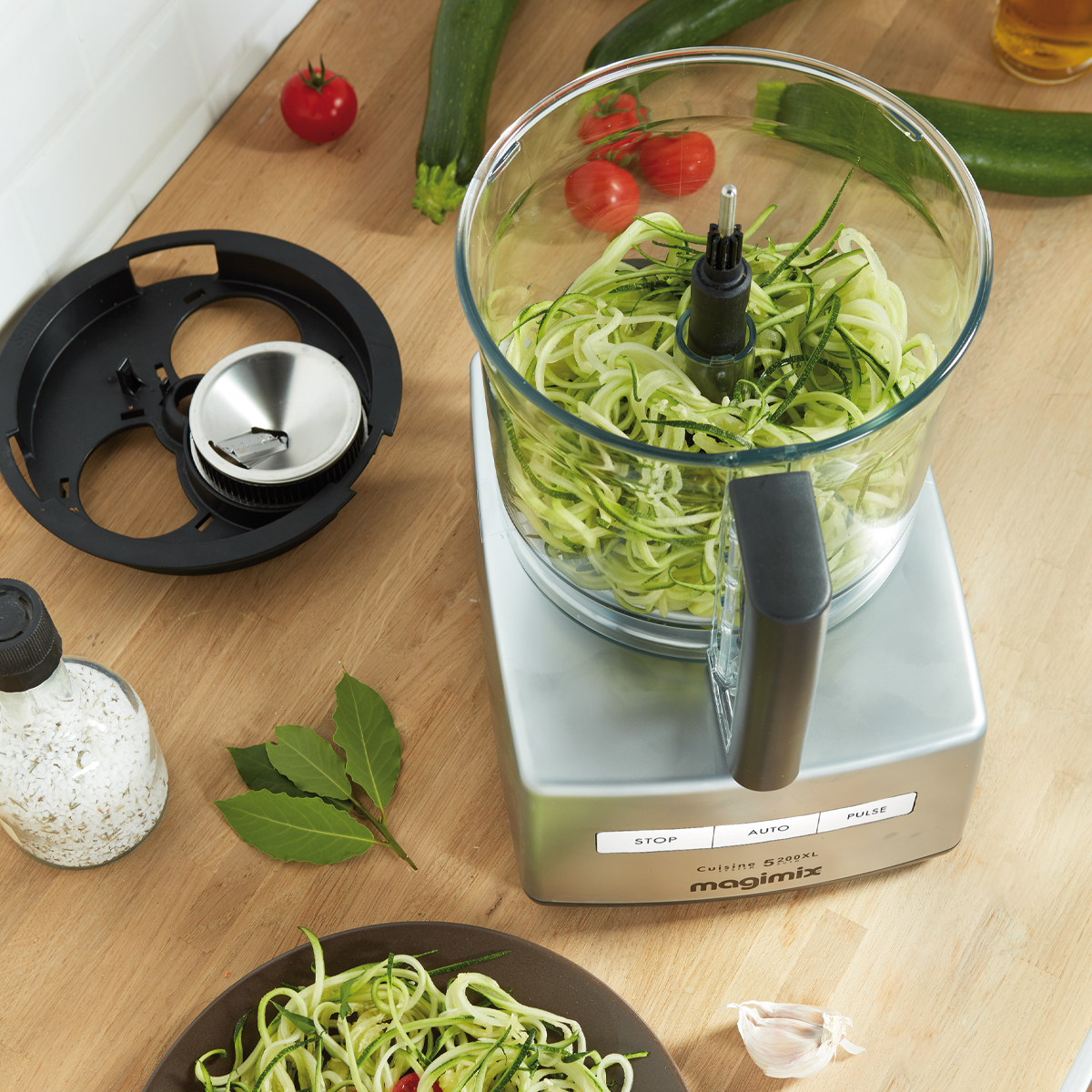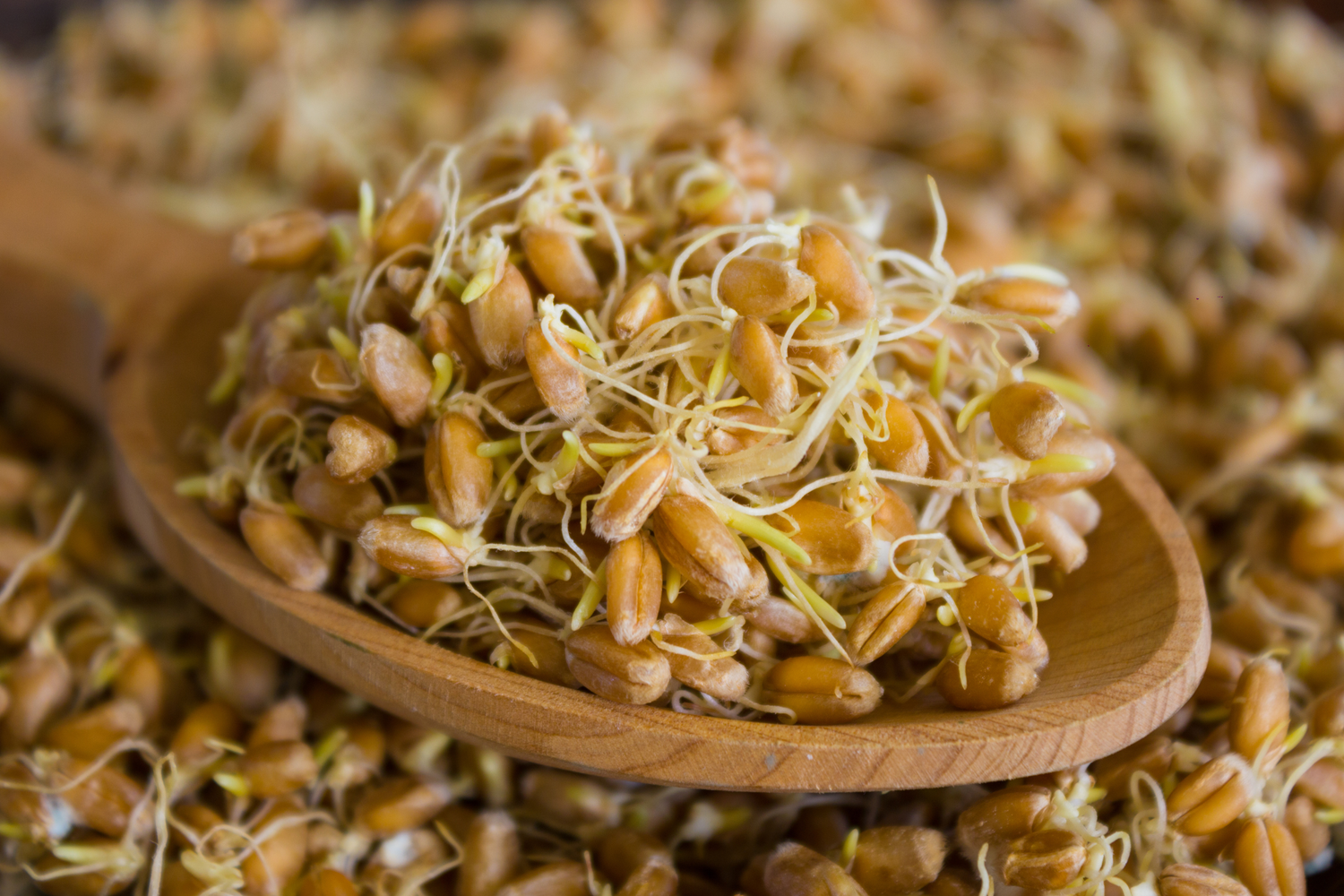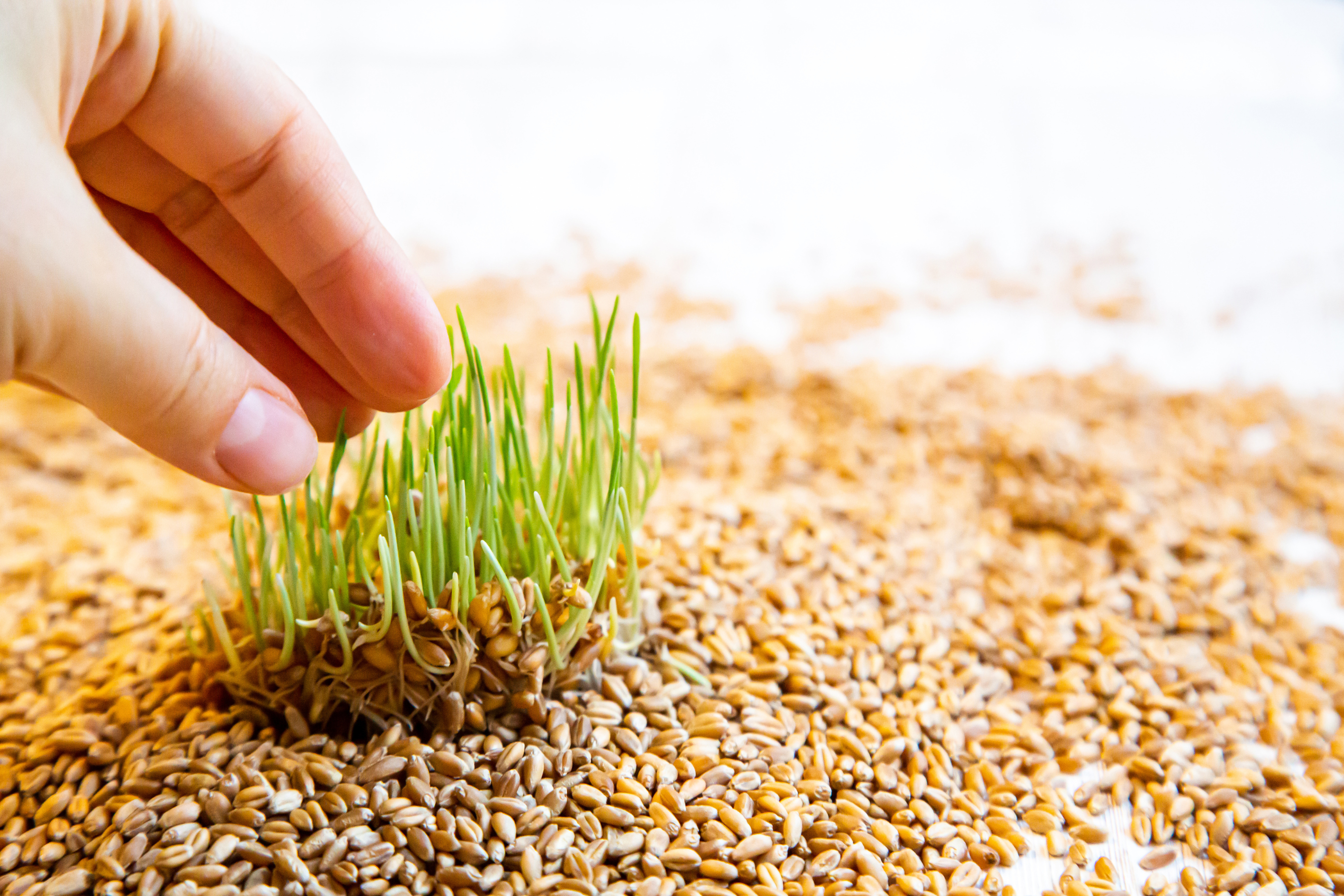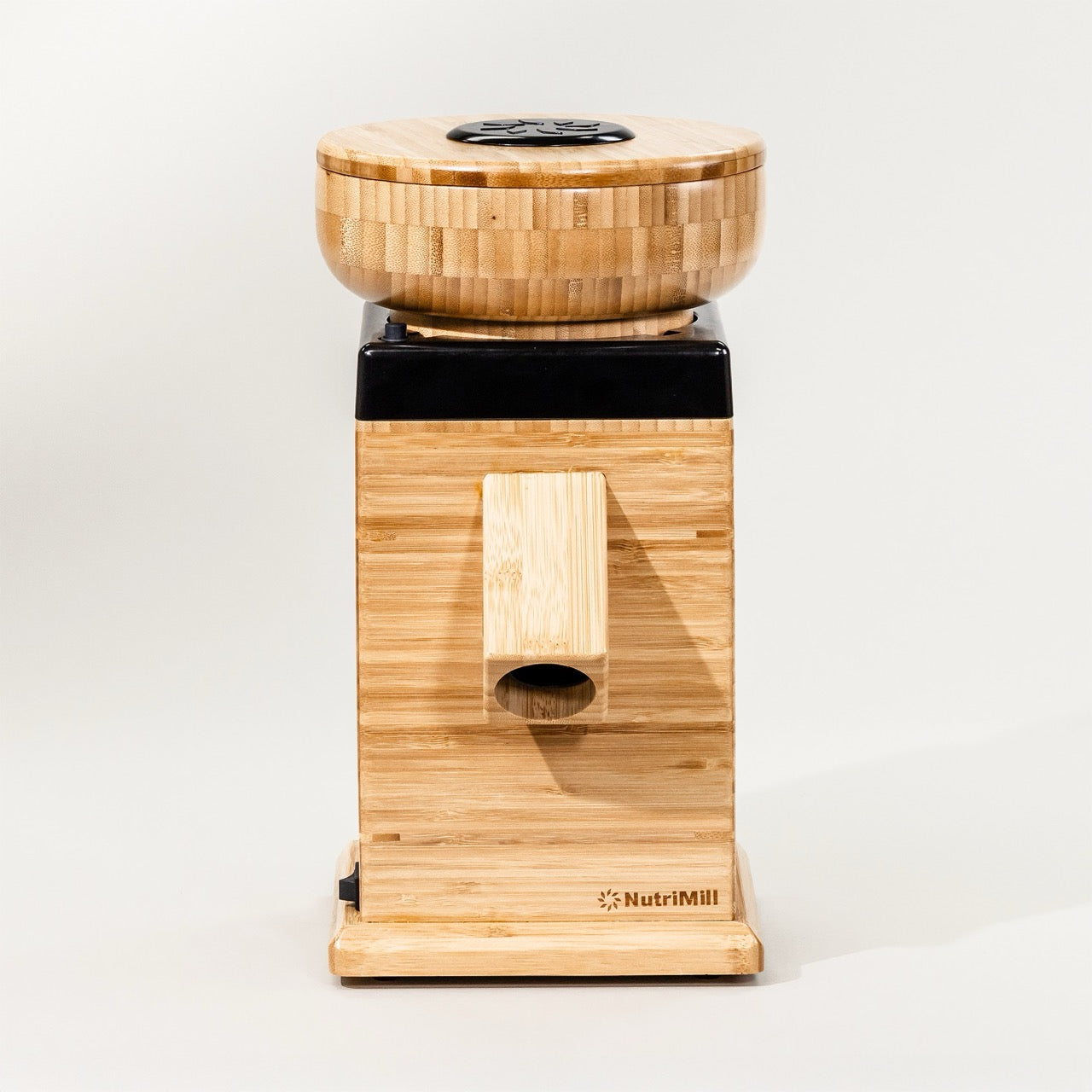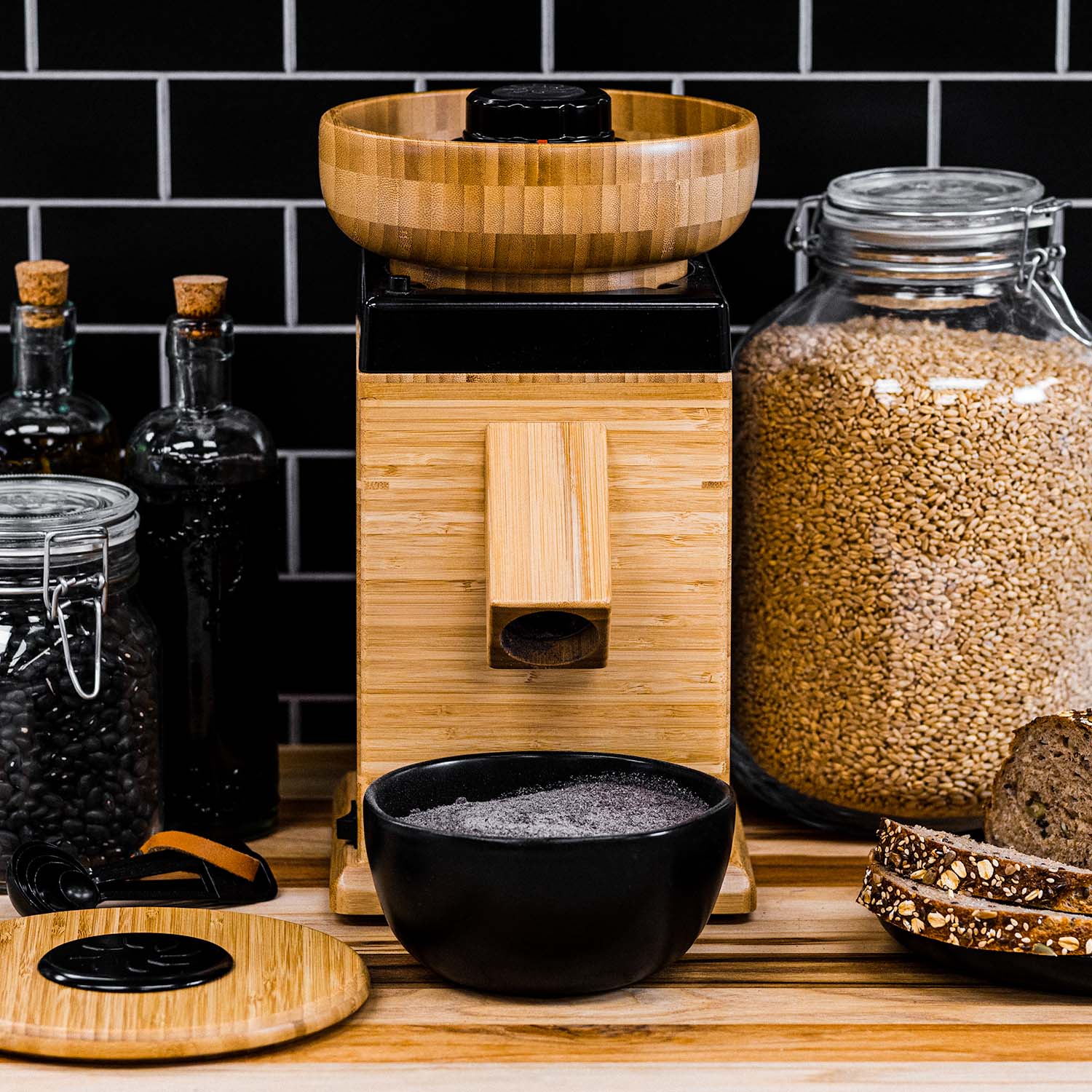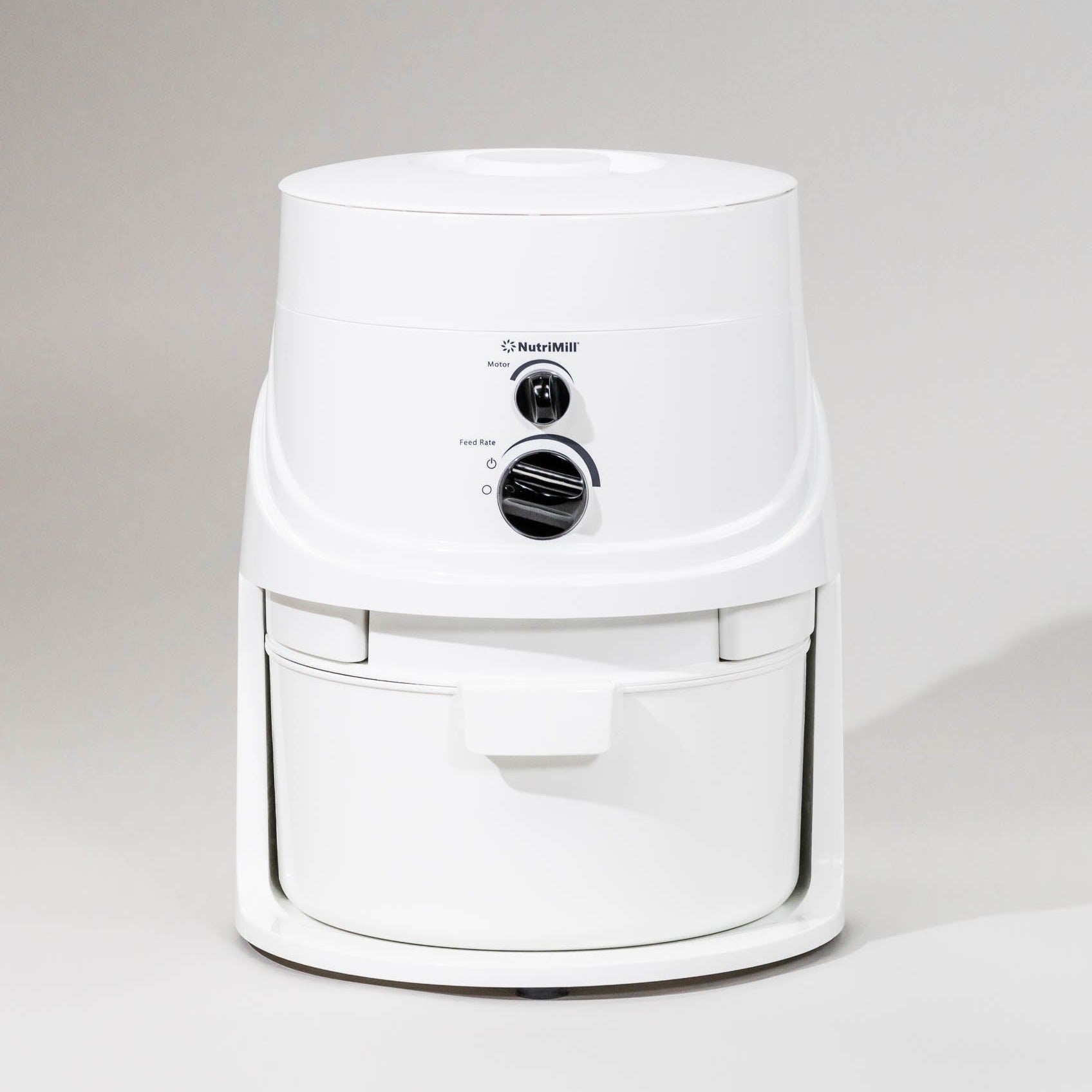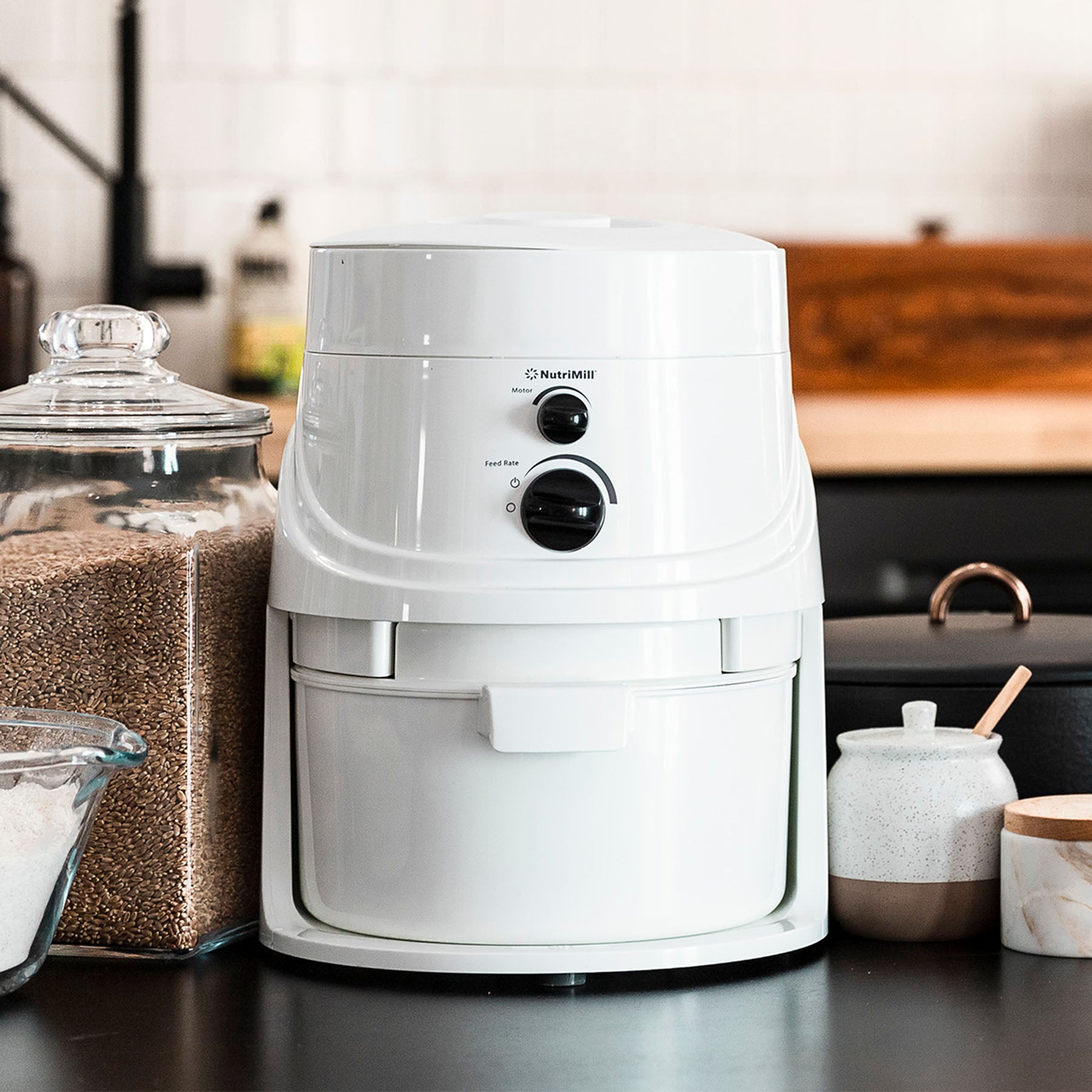Shop Grains Here
Sprouted grains are becoming increasingly popular as people look for healthy alternatives to traditional grains. Sprouting grains breaks down their enzymes, making them easier to digest and increasing their nutritional content. But, can sprouted grains be milled? The answer is yes, but only if they are completely and thoroughly dried before milling. In this blog post, we will explain why sprouted grains need to be dry, how to test if they are ready for milling, and how to ensure success when milling sprouted grains.
Why Must Sprouted Grains Be Completely Dried Before Milling?
Sprouted grains contain more moisture than regular grains, which can cause problems when milling. Milling involves crushing grains between two millstones, which are porous and can absorb moisture. This can cause the stones to gum up or jam, especially with oily or damp grains or legumes. Sprouted grains are more likely to be damp, which is why they must be completely dried before milling.
How to Test if Sprouted Grains are Dry Enough to Mill?
The best way to determine if your sprouted grains are dry enough for milling is by performing a simple knife test. Take a single piece of grain and press it against a hard surface, like a countertop, with the flat side of a knife. If the grain bursts with a distinct cracking sound, it is dry enough to mill. If the grain is too wet, it will be soft and won't crack or burst. It is important to test each grain individually to ensure they are evenly dry.
Why Milling Damp Grains is a Problem?
Milling damp grains can cause issues for the milling machine. The grains can coat the millstones, reducing their effectiveness, and causing the machine to jam or become clogged. This can be difficult to clean and may require professional repair. Milling damp grains can also impact the quality of the flour produced. The moisture in the grains can cause the flour to clump together or become moldy, affecting the flavor and texture of baked goods. It is important to use only completely dry grains to ensure high-quality flour and safe use.
Tips for Milling Sprouted Grains
If you plan to mill sprouted grains, here are some tips to ensure success:
- Dry the grains thoroughly: This is the most crucial step for successful milling. Sprouted grains need to be completely dry before milling, which may take several days depending on the humidity and temperature in your home.
- Store the grains properly: Once the grains are dry, store them in an airtight container in a cool, dry place. This will help prevent moisture from getting back into the grains and causing problems when you mill them.
- Clean the millstones regularly: To ensure that your milling machine continues to work effectively, clean the millstones regularly. A simple and effective way to do this is by milling white rice through the machine. This will help remove any residual flour or grain dust that may be coating the stones. Once you have finished milling the rice, discard it and wipe down the millstones with a dry cloth to remove any remaining residue.
Conclusion
Sprouted grains are a nutritious and healthy choice, but they need to be completely dried before milling. Milling damp grains can cause problems with the milling machine and affect the quality of the flour produced. To ensure successful milling, dry the grains thoroughly, store them properly, and clean the millstones regularly. By following these tips, you can enjoy the benefits of sprouted grain flour without any issues with your milling
